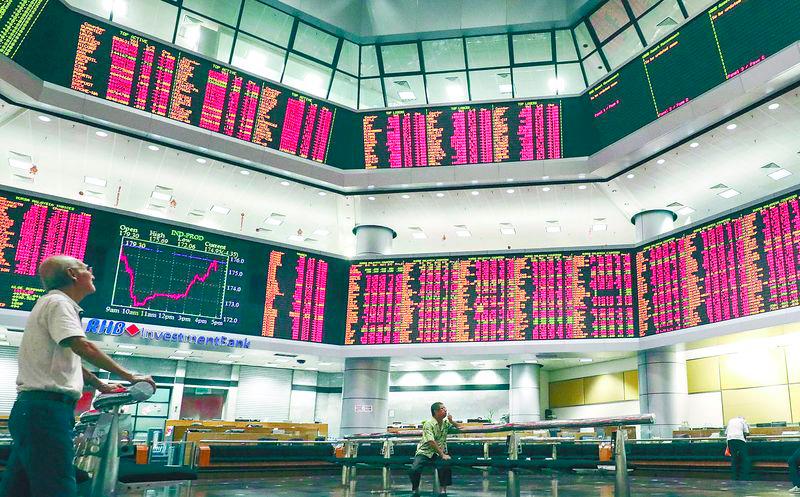PETALING JAYA: Prime Minister Datuk Seri Anwar Ibrahim is right to be wary of cutting ties with global investment firm BlackRock as doing so would affect the national economy, said economist and Southeast Asia Lead for the Global Labour Organisation Prof Niaz Asadullah.
“Given its substantial global investments, such a move will adversely impact overall investor confidence and lead to further capital outflows in the medium term as other investors follow suit.”
He said initially, there would likely be a significant outflow of foreign capital, prompting a decline in stock market prices and increased volatility, especially in Bursa Malaysia’s FTSE indices.
Niaz said the broader economic impact would be on BlackRock-invested sectors in Malaysia.
“In the longer term, the effects could be particularly severe if it affected key sectors and entities such as government-linked companies (GLCs) and government-linked investment companies (GLICs), which are crucial for supporting the Bumiputera community and overall economic stability.”
ALSO READ: MAHB not being sold to foreign corporations - PM
On June 21, Anwar defended his decision to allow BlackRock-invested company Global Infrastructure Partners (GIP) to purchase shares in a consortium managing Malaysian airports and accused his critics of trying to score political point.
“What about companies operating in the US, Germany or China that have ties with Israel? In the current situation, we cannot cut ties as it would affect the country’s economy,” Anwar said when asked about growing opposition to selling shares in Malaysia Airports Holdings Bhd to GIP.
As of May, BlackRock, which has been operating in Israel since 2016, has equity investments in 100 listed companies in Malaysia primarily within the industrial sector, with its largest investments being in three banking institutions – Public Bank at RM2.34 billion, Maybank (RM2.16 billion) and CIMB (RM1.42 billion).
Data also indicates that BlackRock holds RM24.7 billion shares in Bursa Malaysia and RM7.9 billion in Malaysian government and corporate bonds.
A New York City-based public-listed investment company, it has massive investments in Israel but is not owned by Israeli citizens.
ALSO READ: Exploiting BlackRock issue mere political tactics to create negative perception - Fahmi
Its investments in almost all listed companies in the country have made the firm the second-largest shareholder in Bursa Malaysia.
Niaz also said a complete withdrawal of BlackRock’s investments alone is unlikely to cause the ringgit to crash or turn Malaysia into a “banana republic”.
However, he said the resulting capital outflows would exert significant downward pressure on the ringgit, leading to further short-term depreciation.
The ringgit was traded at RM4.69 to the dollar at the close of business yesterday.
On some sectors of the public actively boycotting certain brands and companies, Niaz said if such boycotts targeting BlackRock-invested companies are successful it could result in decreased revenues and profits for those entities potentially causing their stock prices to fall.
ALSO READ: Unity Gov’t never defended parties collaborating with Israeli regime - Kamil Munim
“However, I doubt such boycotts will be widespread or enduring. Coordinating and maintaining a boycott of BlackRock-invested companies would be challenging as many of them are GLCs and GLICs with significant social acceptance in Malaysia.
“Moreover, these companies have diverse asset portfolios, and offer various services and consumer products that make it particularly challenging to initiate and sustain a boycott campaign,” he said.
Niaz added that concerns of economic sabotage depend on the context and motivations behind the boycotts.
Widespread boycotts could potentially lead to a reduction in foreign direct investments only if they create an environment that is hostile to foreigners and foreign capital.
“I do not perceive this to be significant in Malaysia, considering our established legacy and long-standing collaborations with major global brands, Western corporations and Organisation for Economic Cooperation and Development countries.”









